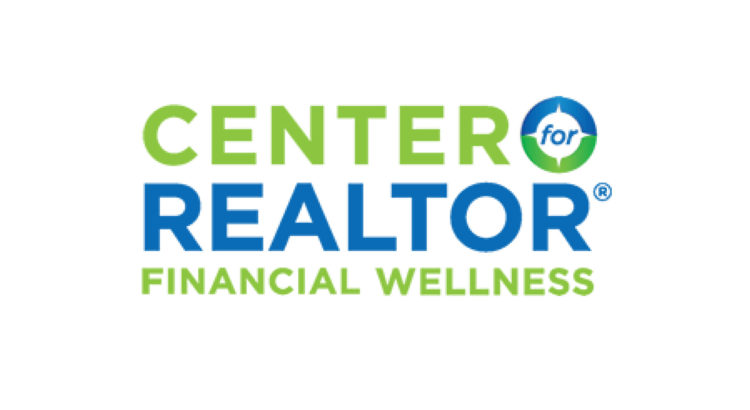It’s been about two years since the National Association of Realtors launched its financial planning and assistance wing, the Center for Realtor Financial Wellness, and just in time to find its footing for the coming global recession.
The center offers Realtors financial help in a variety of ways, such as assistance with taxes, strategies for investing, tools for budgeting, and more, and has amassed a collection of webinars in just a few years and made them available to view on demand.
Laying the groundwork over the last few years has positioned the program to adjust quickly to the pandemic with COVID-19-specific programming and virtual seminars to take the place of live events originally planned for later this year.
NAR Director of Member Development Kasey Stewart said the center grew out of an idea that originally aimed to help provide education and support for Realtors investing in real estate.
A survey of membership at the time, however, revealed that half of Realtors were not saving for and were not prepared for retirement, Stewart said. She emphasized that, because real estate brokers and agents usually work as independent contractors and often are not provided the same financial help and resources as other kinds of employees, the center’s work is vital to many members’ long-term monetary security.
“We try to cover the full spectrum of financial issues that independent contractors face,” Stewart said.
Brittany Schanck, financial wellness manager with NAR, said the center doesn’t take a cookie-cutter approach but rather tailors its assistance to the needs of each individual member seeking help. Brokers help their clients make what is often the most important financial decision of their lives, but who helps them in their financial journey, she asked.
The center was beginning to increase its notoriety earlier this year, holding its first live event on March 4 with the Bay East Association of Realtors in California, where the center offered sessions on good financial habits, investment strategies and retirement planning. But the first in-person event would be the center’s last for the foreseeable future due to the coronavirus pandemic. Like everyone else facing this new reality, the center had to pivot and focus on providing information about coronavirus-related issues and holding virtual events.
Programming quickly focused on helping members understand various aspects of the federal stimulus package such as the Payment Protection Program, Stewart said. She advised members who are new to the program to visit the center’s web portal at financialwellness.realtor and complete a 10-question assessment to determine where they are in their careers and overall financial security. They then can begin to set financial goals and find a clear path toward achieving those goals.
One of the best parts, Stewart said, is there’s no cost. “We fund it through member dues,” she said. “We just want to help them. It’s truly a benefit.”
Additional financial resources are available on NAR’s website, and from AgentEDU’s free business plan template.


